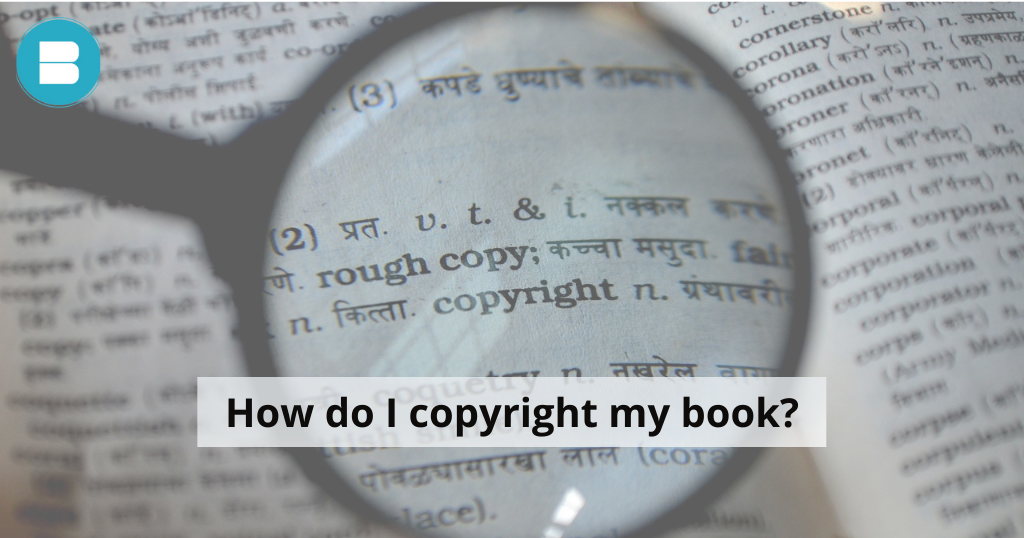
How do I copyright my book in India?
Aspiring authors pour their heart and soul into creating literary masterpieces that reflect their creativity and passion. However, the world of writing can be both enchanting and treacherous. Plagiarism, the act of copying someone else’s work and presenting it as one’s own, is a common threat that authors face. To protect their intellectual property and ensure their creative efforts remain theirs alone, copyrighting their books becomes an essential step. In this blog, we will delve into the significance of copyrighting your book, the process of obtaining copyright in India, and how to protect your book from being copied. Understanding Copyright: Safeguarding Your Literary Creation Copyright is a fundamental legal process that empowers authors with ownership and exclusive rights over their creative work. It serves as a vital tool in protecting their intellectual property and ensuring they have control over how their work is used, reproduced, and distributed. By securing copyright for their book, authors can prevent plagiarism and unauthorised use of their content, thereby preserving the integrity of their literary creations. As creators of literary masterpieces, authors invest countless hours, dedication, and passion into perfecting their art. Their work is a reflection of their unique voice and vision, making it deeply personal and valuable. To have someone copy their work and claim it as their own is a profound betrayal of their efforts and creativity. Plagiarism undermines the recognition and credit that authors rightfully deserve for their hard work. You may also like: Postive Character Traits And Why They Are Crucial How do I protect my books from being copied? Copyright is a process that makes sure that your property remains yours. This is a very important step in your journey as it warrants that your book will be your own. Plagiarism is a very common thing in the writing world. People often copy from novels and make them their own which is unjust to the writer who has struggled for years to perfect their art. Read: List of 10 Tips for Embarking on Your Creative Writing Journey. The consequences of plagiarism extend beyond the emotional toll it takes on the original author. Plagiarism can have severe implications for an author’s reputation and career within the writing community. Literary communities value authenticity and originality, and accusations of plagiarism can tarnish an author’s standing in the industry. Such damage to their reputation may impact future publishing opportunities and collaborations. By copyrighting their book, authors create a robust defence against plagiarism. Copyright provides a legal framework to take action against those attempting to copy, reproduce, or distribute their work without proper permission. It serves as a deterrent to potential plagiarizers, warning them of the legal repercussions they may face for their actions. You may also read: Never Say GoodBye a Book By Hilary Green Steps for Online Filing of Copyright Registration Form: 1. Click on the link “Click here for online Copyright Registration” provided at the bottom of this page.2. The online “Copyright Registration Form” is to be filled up in four steps I. Complete the Form XIV, then press SAVE button to Save entered details, and press Step 2 to move to the Next Step. II. Fill up the Statement of Particulars, and then press SAVE button to Save entered details, and press Step 3 to move to the Next Step. III. Fill up the Statement of Further Particulars.(This form is applicable for “LITERARY, DRAMATIC, MUSICAL, ARTISTIC AND SOFTWARE” works), and then press the SAVE button to save entered details, press Step 4 to move to Step 4. IV. Fill up the Payment Details (presently through DD/Banker’s Cheque/E-Payment),3. After successful submission of the form, a Diary Number will be generated (Please note it for future reference).4. Please take a hard copy(print) of “Acknowledgement Slip” and “Copyright Registration Report”, and send it by post to Office of the Registrar of CopyrightsCopyright Office, Department of Industrial Policy & PromotionMinistry of Commerce and IndustryBoudhik Sampada Bhawan,Plot No. 32, Sector 14, Dwarka,New Delhi-110078Email Address: copyright@nic.inTelephone No.: 011-28032496 (List of the documents to be attached in pdf, please ensure that acrobat pdf is installed in your system). Read: How to share your story with the world? Should I copyright my book before sending it to an editor? It can definitely be risky to send your draft to anyone, be it an editor or anyone, but it is also important that your book witnesses finesse through the hands of an editor. It is advisable to send your book to an editor who can be trusted. It is also recommended to copyright the final draft only so that your best work gets the copyright. In case you copyright your book then the copyright will be filled with mistakes and then the person who copies your content will still be able to publish it claiming as their own. It is better to get the copyrights of the book after it has been edited. BlueRoseONE offers various services where we will help you in getting the copyrights, without facing the hassle of deciding which is the right route. We also offer editing services with only the best editors, who can be trusted and have already made hundreds of authors happy customers. There are two types of copyrights available in the writing process. One is for published books and one is for unpublished books. While the unpublished work can have several grammatical errors which ultimately lead to problems later on, a published work will be immaculate. It will get a No Objection Certificate (NOC) in the copyrighting process which essentially becomes proof. NOC is not available in unpublished novels. Also getting copyright along with the name of a recognized firm like Blue Rose always acts as an advantage. You may also like: Ultimate Guide to Copy Editing: Tips, Techniques, and Tools Learn how to copyright a book in India. Do publishers own the copyright? If you go through the process of getting your book published through traditional publishers then they take the copyrights of your book however if you decide to publish your book through self-publishing, for example, Blue Rose Publishers then…
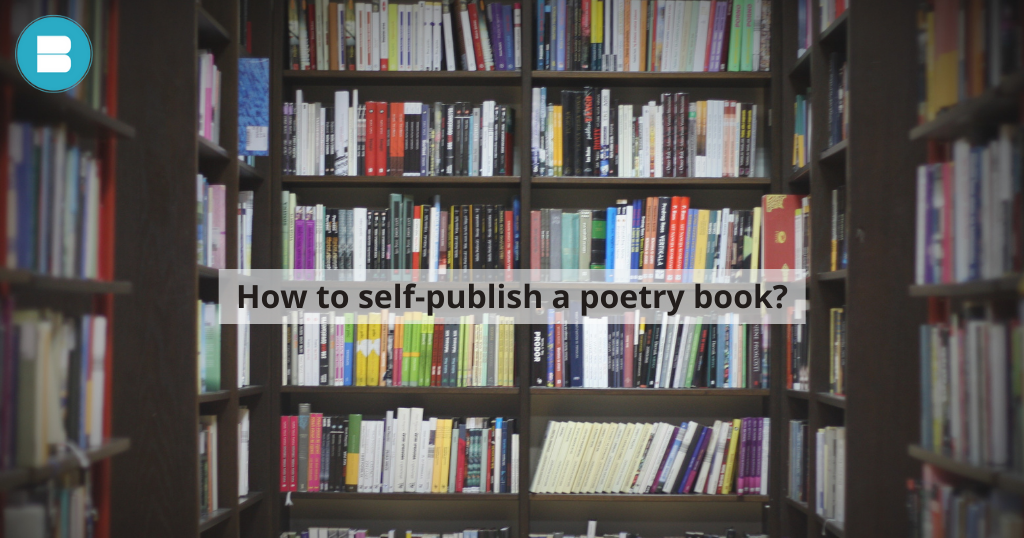
How to self-publish a poetry book?
Writing a poetry is an art and everyone can’t do this. It is a process of transforming your thoughts and emotions into lines with which the reader can relate. The major difference between prose and verse would be the rhyme and meter in which they are written. There are many types of poems that follow a particular pattern or sometimes no pattern at all. The most famous would be the blank verse or free verse which doesn’t follow any kind of rhyming scheme – A blank verse is a type of poetry composed in iambic pentameter with regular metrical but unrhymed lines while a free verse is an open kind of poetry that evolved from the French verse libre form in its present form. There are no constant meter patterns, rhymes, or musical motifs in it. As a result, it tends to mimic the rhythm of genuine speech. Just like prose, poetry has different elements as well. Read: How should you design your book interior? Elements of poetry include; Figurative speech, Imagery, Rhythm, Alliteration, Mood, Stanza, Density, and Rhyme. Figurative speech: Metaphors, similes, and allusions are examples of figurative speech elements. These elements deepen the theme and give the poems a bit more texture. Imagery: Imagery is a poetic element that adds interest and appeal to every piece of poetry. Imagery is the creative use of words to produce an impression, a sensation, or to implant a concept in the mind of a reader by engaging and triggering their imaginative sense. Rhythm: Rhythm is a poem element that aids in the creation of a good and creative poem. It is the systematic regularity of a poem’s tempo and rhythm that is archived. Alliteration: Alliteration is a poetic device that is also employed in poetry writing. Consonant sounds are repeated in a succession of words at the start of a word or a stressed syllable. The sounds of letters, rather than the spelling of words, are the center of this poetic aspect. Mood: Another important aspect of poetry is tone. It is critical to understand the tone that the speaker will communicate in any poem you write. This can be evident in the speaker’s demeanor. A poem’s tone is sometimes referred to as the poem’s mood. Stanza: A stanza is the fundamental unit of a poem. It’s a group of lines that are connected or communicate the same idea. When crafting poetry, each stanza has a distinct purpose. Stanzas are organized according to a poem’s patterns. Stanzas are classified by the number of lines they include. A couplet is a stanza that is made up of two lines. A tercet is a three-line verse. A quatrain is a four-line verse. A five-line stanza is known as a Quintain. A six-line sestet is a stanza with six lines. A septet is a stanza that consists of seven lines. An octave is defined as an eight-line stanza. Density: Another literary factor to take into consideration when writing a poem is density. Density refers to how much is said in how much space. The density of a poem is what sets it apart from prose. The density of a poem is determined by the use of metaphors, sounds, rhythms, and diverse language types. Rhyme: Rhyme arises when the sounds of two or more words in a poem are similar. Internal rhyme occurs when words in the same line of a poem rhyme, but end rhyme happens when the lines’ last words rhyme. A rhyme scheme is the overall rhyme arrangement of a poem. There are other types like the Haiku, a three-line poem that seems easy to write but is actually hard. To sum up an entire thought in just 3 lines is a tough job to do. The most famous poems of all time included in the canon are written by literature giants that fall under the genre of Ballads, Odes, Epic, etc. How poetry is written determines its genre. Read: How to make your book-cover standout? There are several types of genres that differentiate the poems. Narrative poetry: Narrative poetry is a genre of poetry that tells a story. It is generally more applicable in smaller works as people can find it more interesting. Epic poetry: Epic poetry as mentioned above is the most famous in the literature field. They were often used to narrate some heroic event or some mythological story. Dramatic poetry: Dramatic poetry is a drama written in verse to be spoken or sung and appears in varying, sometimes related forms in many cultures. Satirical poetry: This genre was also famous in older times as major poets used to throw shade or criticize kings at the time via their poetry. Poetry can be a powerful vehicle for satire. They were often used as a weapon in political matters. Lyric poetry: Lyrical poems are often personal to the poet as they are used to write about something or someone. They always follow a pattern which makes the poem more melodious. Elegy: An elegy is a poem that mourns the loss of someone/ something or even a feeling. It often follows a specific meter. Poetry writing is not an easy task however when one master it, it is always recommended to get them published so that the world comes across the beauty you have created. How poetry books are published? It is always recommended to have a set of poems already self-published somewhere before. Leading book publishers always want these poems in an anthology. There are many types of publishing that you can opt for. The first would be traditional publishing where you can send in submissions to the publishing houses to get your book published. However, it is extremely hard to break through via this route. Renowned self-publishing houses pick poems of poets who are already established or have recognition in the poetry community. Secondly, there are small publishing houses that focus on only a certain type of literature or prefer them in a certain language. These houses can give your poetry the right boost if you are just starting your writing career. If you’re skeptical about this, submit your poems first to writing contests that always have small…
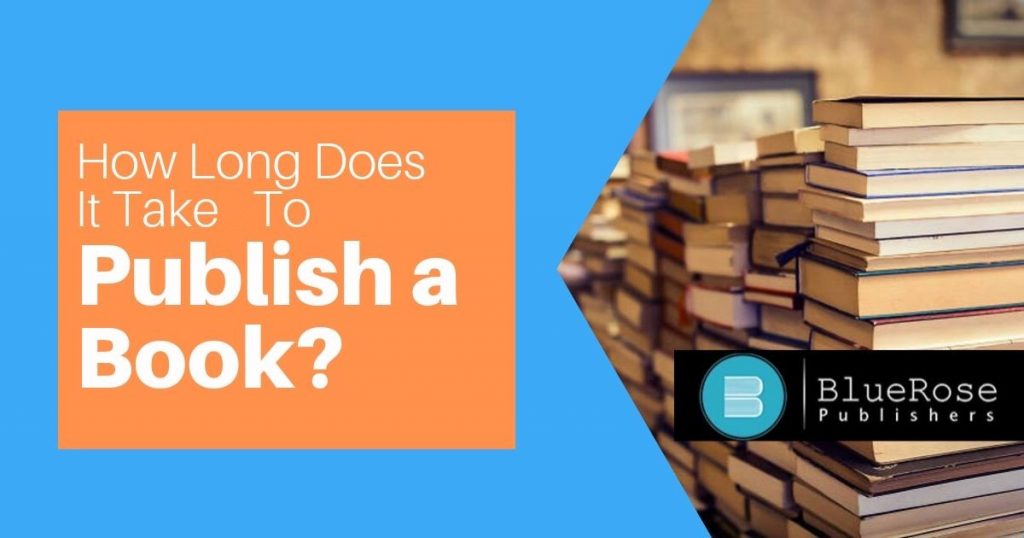
How long does it take to self-publish a book in India?
Want to self-publish a book? Looking for fastest self-publishing company? Read: How long does it take to self-publish a book in India? Best Self-Publishing company in India
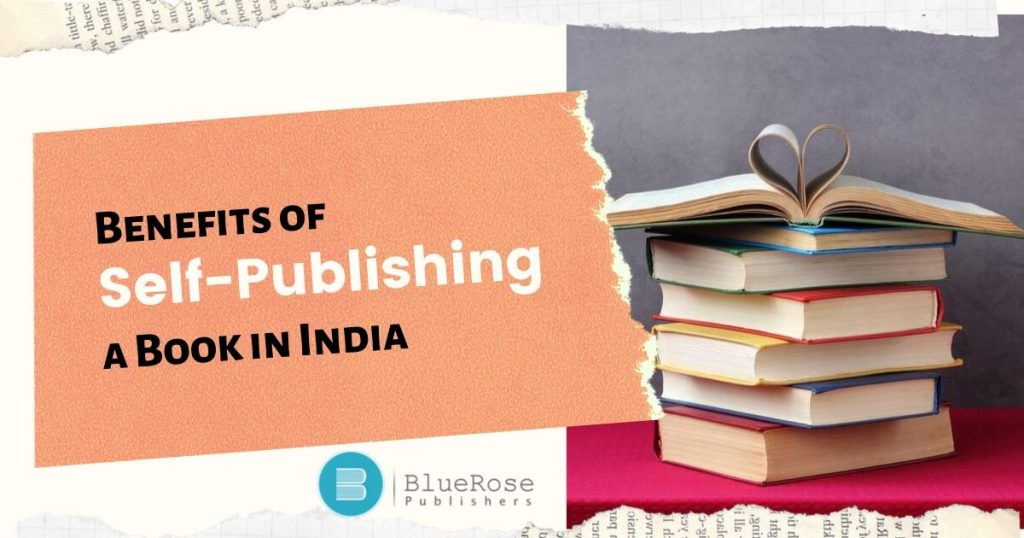
Benefits of Self-Publishing a Book in India
Want to self publish a book? Looking for a benefits of self-publishing? Read: Benefits of Self-Publishing a Book in India, Best Self-Publishing company in India
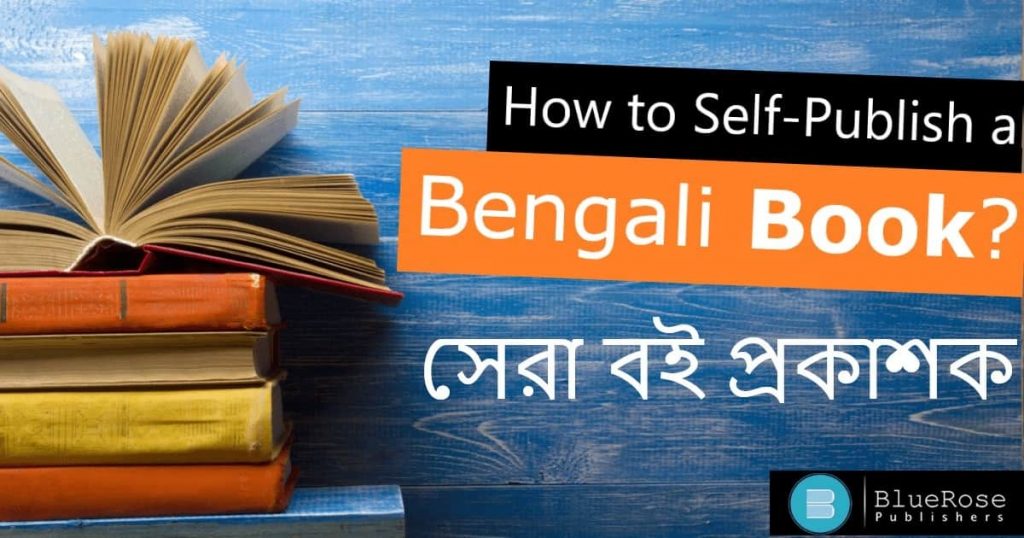
How to Self-Publish a Bengali Book: A Beginner’s Guide from #1 Bengali Book Publisher
Want to self publish a bengali book? Looking for a bengali book publisher? Read: How to Self-Publish a Bengali Book: A Beginner’s Guide from #1 Bengali Book Publisher, Best Self-Publishing company in India
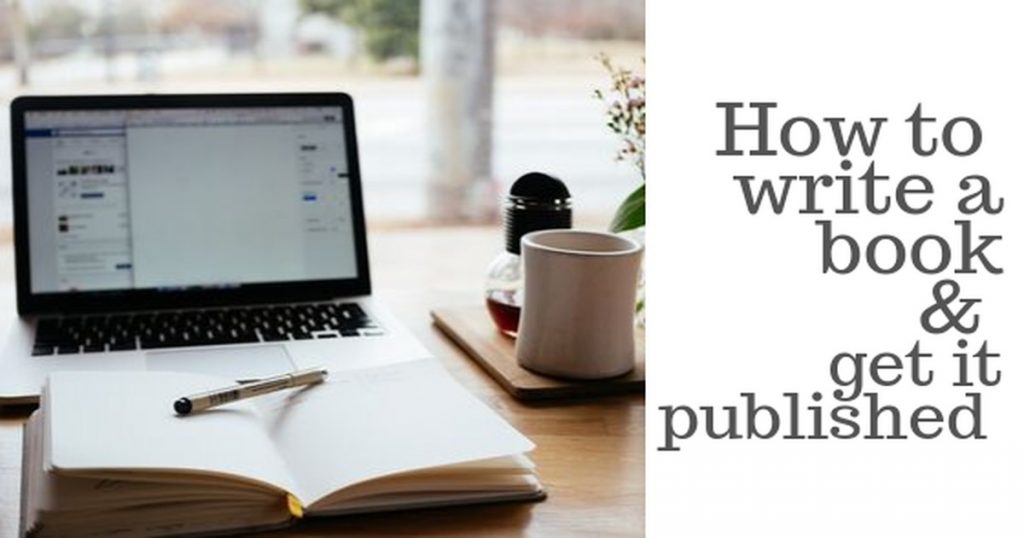
How to Write and Publish a Book in INDIA? Essential Guide.
Want to write and publish a book? Looking for self-publishing company? Read Guide: How to Write and Publish a Book in INDIA? Best Self-Publishing company in India
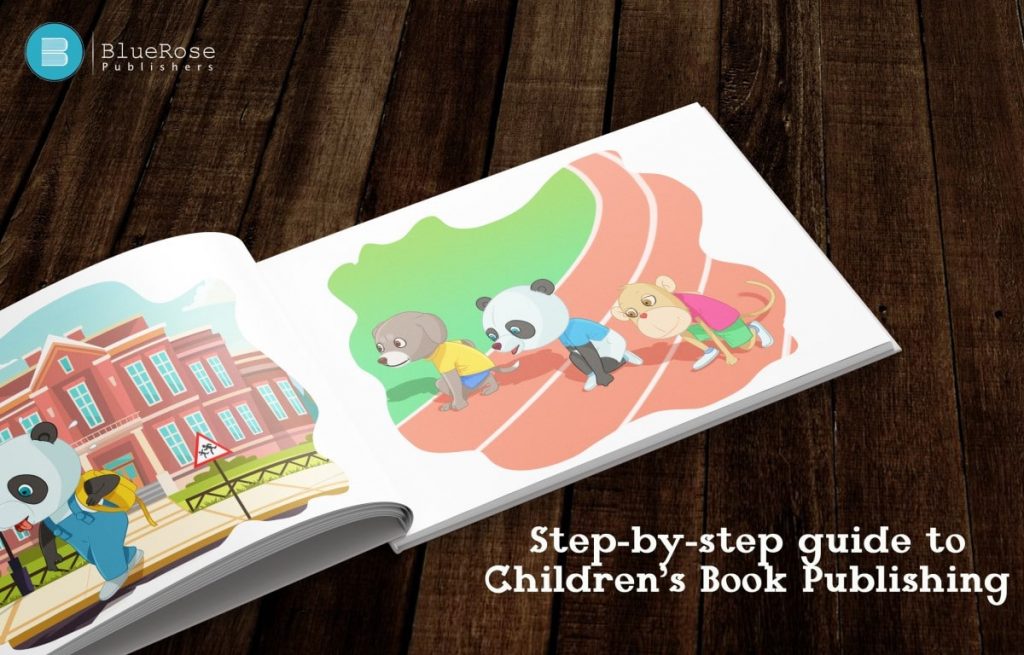
How to Publish a Children’s Book? Step by Step Guide.
Want to publish children’s book? Looking for a children’s book publisher? Read guide: How to Publish a Children’s Book with Self-Publishing company in India
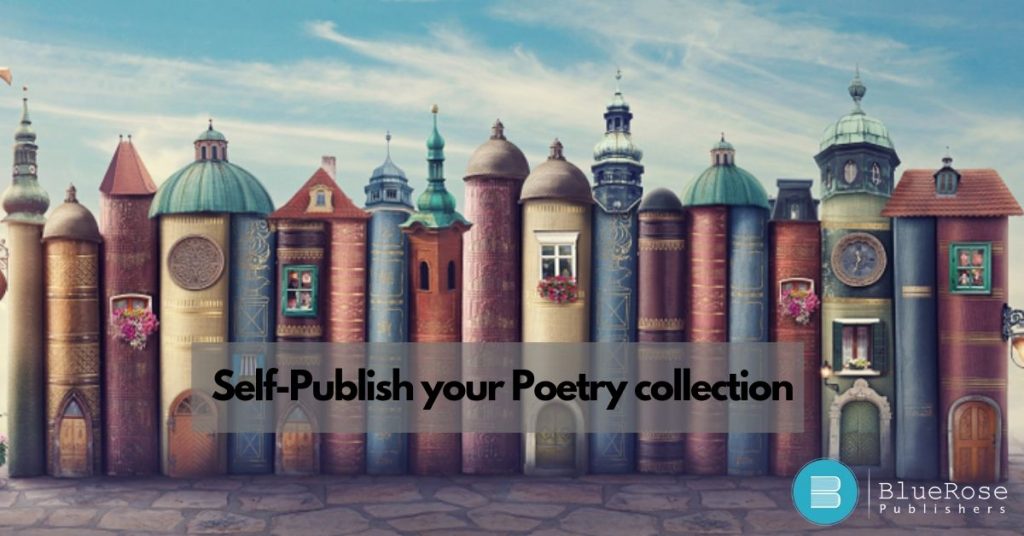
How to self publish a poetry book in India: Essential Guide
The process of self publishing a poetry book is a tedious and difficult one. There are so many hurdles that need to be taken care of and still, there’s not much…
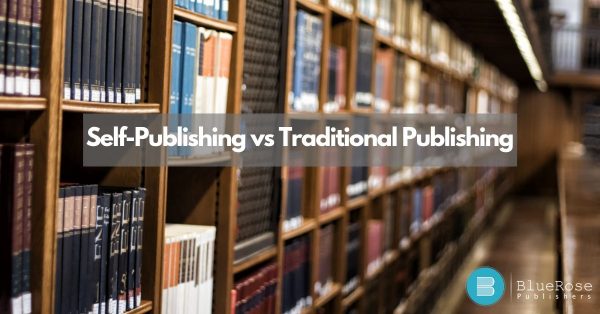
Self Publishing vs Traditional Publishing: Which one is better?
The creation of a book, which involves a lengthy, tedious process, is collectively known as Book Publishing. In India, book publishing first started in 1800.
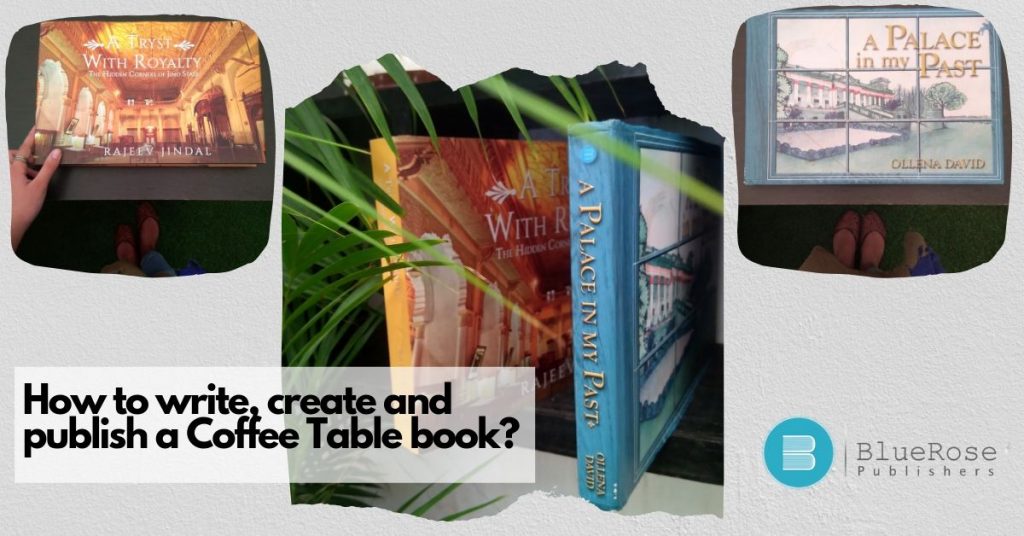
How to Write, Create & Publish a Coffee Table Book in India?
Want to publish a coffee table book? Looking for a book publisher? Read guide: How to Publish a Coffee Table Book with Self-Publishing company in India
